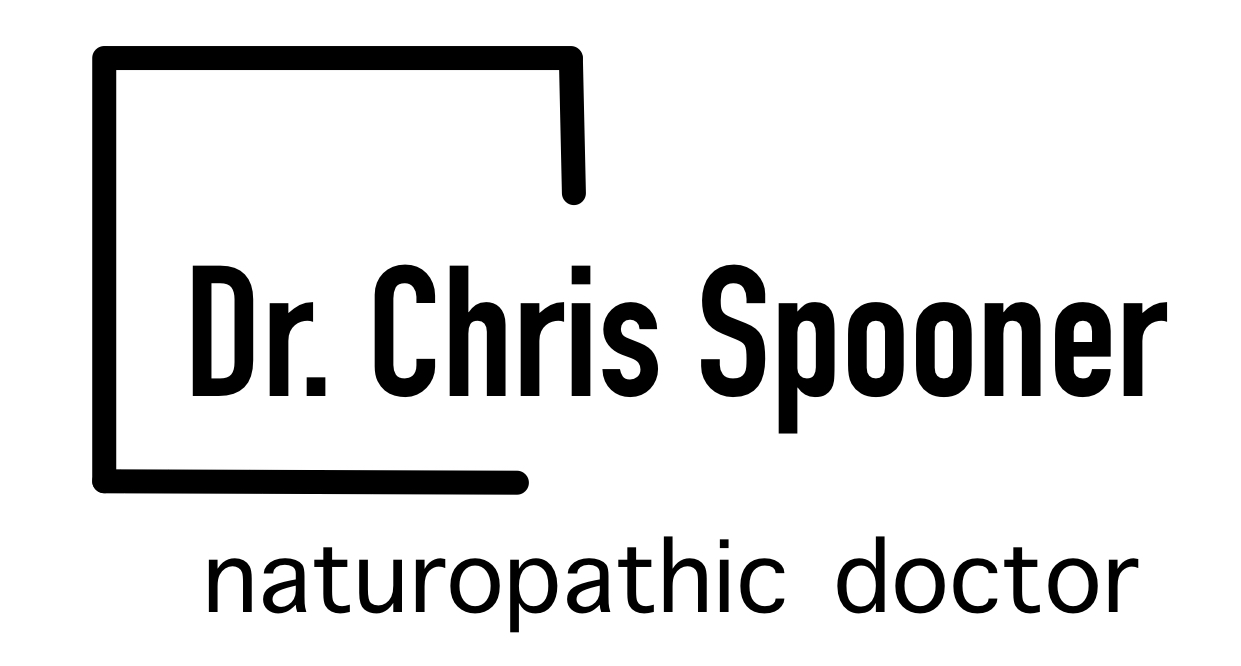Pain Relief – Neural Prolotherapy & Prolotherapy
The conventional model of pain relief and management relies on medications, such as anti-inflammatory drugs, antidepressants, anti-seizure medications, opiates such as Vicodin and Codeine, “muscle-relaxant” medications related to Valium, and other potentially addictive and risky medications.
Physical therapy and manual manipulation can often be beneficial for musculoskeletal pain, but if the damaged structures do not heal or have been inhibited from healing by disease or anti-inflammatory medications, these also may fail to provide long-term benefit.
Many studies have demonstrated that these medications actually inhibit the healing process and eventually weaken tissues in the body, even leading to a worsening of the pain that many people are told to take these medications for in the first place. Treatment options can include supplementation, prolotherapy, subcutaneous perineural injection (see below) and platelet rich plasma
Subcutaneous Perineural Injection (SPNI)
SPNI: Injection close to subcutaneous (under the skin) nerves to restore their normal function.
Neuropathic inflammation is produced by special small sensory nerves that are protein producing. These nerves normally produce proteins that can be healing or damaging. When damaging proteins are produced, the result is “neuropathic inflammation”. Dextrose injections in low concentration reduce neuropathic inflammation. The primary intent is to treat nerves, not ligaments, tendons, or cartilage and reduce pain.

